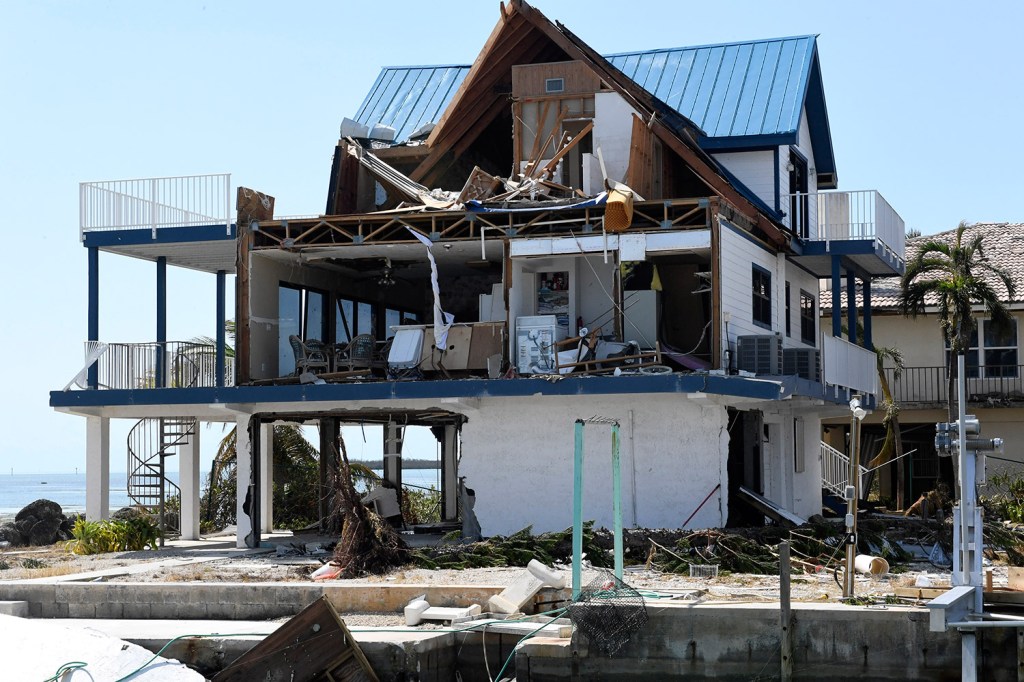Nearly a week before Hurricane Irma was predicted to make landfall in Florida, Gov. Rick Scott, R, declared a state of emergency for the entire state. State and local officials readied for the storm with promises of help from the federal government. Residents heeded the warnings with one of the largest evacuations ever to occur in the United States. The full damage of Irma has yet to be calculated. But it is already clear that things would have been worse if not for that careful preparation.
Irma, the most powerful Atlantic storm in a decade, hit Florida Sunday after leaving a trail of destruction in the Caribbean. More than 6 million homes and businesses in Florida lost power, including most of Miami. Massive flooding was reported in Jacksonville, and the extent of the damage in the vulnerable Keys was not known because many of the islands were inaccessible Monday. At least nine deaths were reported in Florida, Georgia and South Carolina, while at least 38 people died in the islands across the Caribbean.
Governments in Britain, France and the Netherlands, which oversee Caribbean territories hit by Irma, have come under criticism for an ill-prepared and slow response to the historic storm. “All the food is gone now. People are fighting in the streets for what is left” was the account in the New York Times of a resident of St. Martin.
So any criticism of Florida officials for taking the storm seriously and planning for all contingencies is misplaced. True, destruction was not as dire as predicted, but better to prepare for the worst than gamble with the lives of residents and visitors and those charged with protecting them. And this was a devastating storm for which there will be a long recovery period. Estimates are only starting to come in, but the economic toll is likely to be significant, with one forecaster putting the loss at about $100 billion. That is in addition to the $190 billion hit to the economy from Hurricane Harvey.
The magnitude of those losses — the fact of two Category 4 hurricanes within the space of weeks after the hottest year on record — hopefully will wake officials such as Scott to the need for foresight in preparing for future storms in an era of climate change while putting the economy on a track to slow greenhouse-gas emissions. It is true that single weather events usually cannot be linked definitively to climate change. It is also true that climate change will make such events more common and more severe. As Tomás Regalado, the Republican mayor of Miami, said, “This is a truly, truly poster child for what is to come.”
Editorial by The Washington Post
Send questions/comments to the editors.



Success. Please wait for the page to reload. If the page does not reload within 5 seconds, please refresh the page.
Enter your email and password to access comments.
Hi, to comment on stories you must . This profile is in addition to your subscription and website login.
Already have a commenting profile? .
Invalid username/password.
Please check your email to confirm and complete your registration.
Only subscribers are eligible to post comments. Please subscribe or login first for digital access. Here’s why.
Use the form below to reset your password. When you've submitted your account email, we will send an email with a reset code.